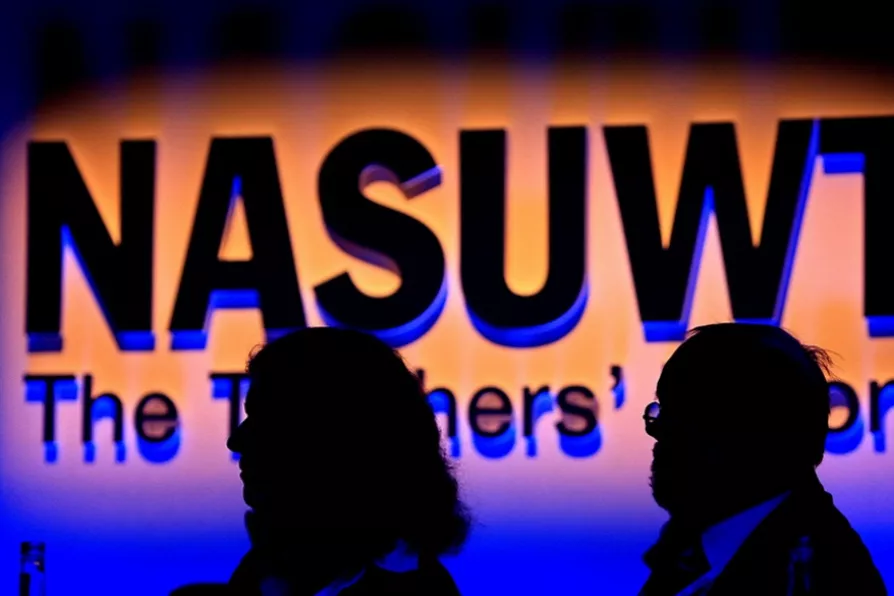This weekend, the NEU holds a special conference to debate changing its approach to organising teaching assistants, which a 2017 TUC agreement forbids. General secretary DANIEL KEBEDE outlines the choices before delegates


AS this week was the week of our sister union’s annual conference, I wish to send my best wishes to them and their young members and I look forward to working with NEU colleagues in staff union meetings, demonstrations and trade union events.
During last weekend’s NASUWT annual conference, important motions were passed, and our colleagues had the opportunity to share their experiences in local industrial action along with their struggles in a devolved context.
Some of the most striking motions conveyed the rightful sentiment that our government believes that teachers are dispensable, able to be confined to the dustbin when they are no longer young, happen to become sick or are too high on the pay ladder — after all, they can just find a new batch of hopeful, perhaps naive PGCE students and NQTs to abuse (although the falling ITT targets suggest otherwise).


Educators must fight for an inclusive, creative system that values all children












